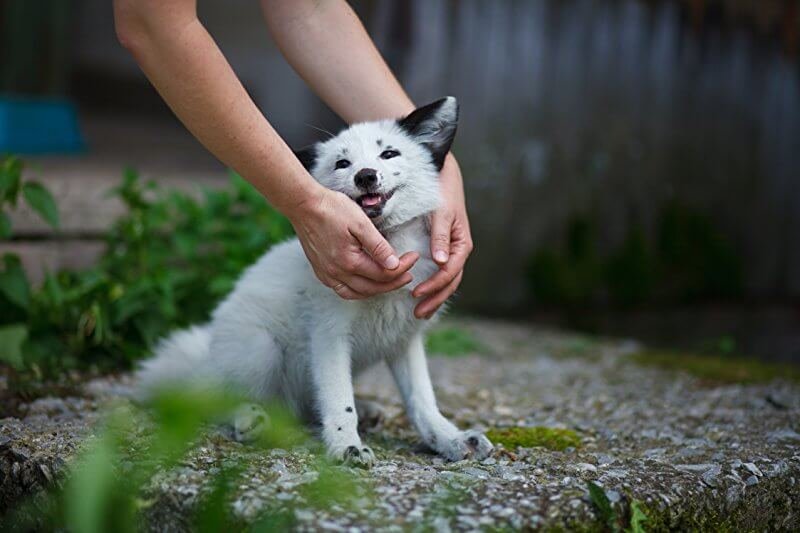[D]omestication, based purely on behavioral traits, can result in other changes — like curlier tails and changes to fur color. Now, the tools of modern biology are revealing the genetic changes that underpin the taming of foxes of Siberia. In a new study, published [August 6] in Nature Ecology & Evolution, scientists used genome sequencing to identify 103 stretches of the fox genome that appear to have been changed by breeding, a first pass at identifying the genes that make some foxes comfortable with humans and others wary and aggressive.
…
While some genetic traits are relatively simple to unravel, the underpinnings of social behaviors aren’t easy to dissect. Behavior is influenced by hundreds or thousands of genes, as well as the environment.
….
[Researcher Anna] Kukekova and colleagues began studying one very large gene that they think may be linked to tame behavior, called SorCS1. The gene plays a role in sorting proteins that allow brain cells to communicate.…
Bridgett vonHoldt, an assistant professor of ecology and evolutionary biology at Princeton University, said changes that occurred in foxes “overlap extensively with those observed in the transition of gray wolves to modern domestic dogs.” She said the study may help dog and fox biologists determine if there are complex behavioral traits under the control of just a few genes.
Read full, original post: A Soviet-era experiment to tame foxes may help reveal genes behind social behavior































